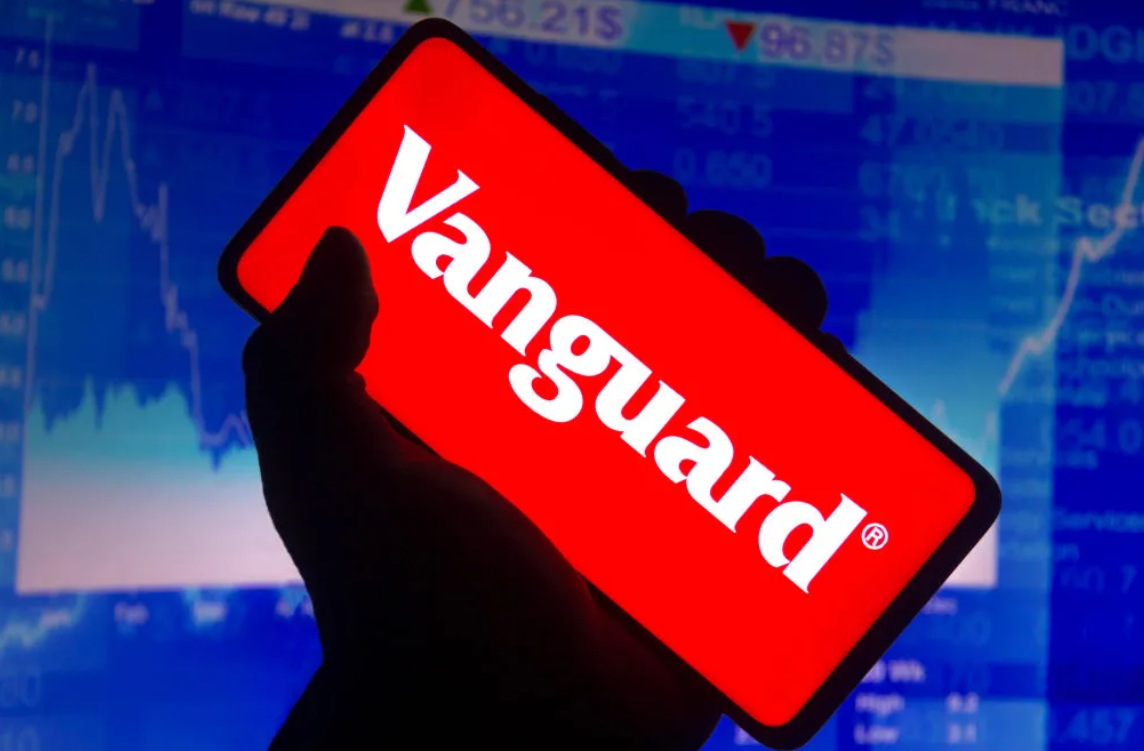
Introduction: The Vanguard Dilemma
Vanguard, the renowned investment management company, has consistently provided investors with a diverse range of financial products. Among these, both Exchange-Traded Funds (ETFs) and Mutual Funds have gained substantial popularity. Yet, investors often grapple with the question of whether Vanguard ETFs or Mutual Funds make for better investments. This article aims to shed light on this dilemma and help investors make an informed decision.
Understanding Vanguard ETFs
Vanguard ETFs are financial instruments that trade on stock exchanges, similar to individual stocks. These funds aim to replicate the performance of a specific index, such as the S&P 500. They offer investors instant diversification, low expense ratios, and the flexibility to buy and sell shares throughout the trading day.
The Merits of Vanguard ETFs
Intraday Trading: The ability to trade ETFs throughout the trading day allows investors to react quickly to market fluctuations. This feature is particularly valuable to active traders who seek to capitalize on short-term market movements.
Lower Expense Ratios: Vanguard ETFs are celebrated for their low expense ratios, which means investors pay less in fees over time. These cost savings can significantly boost long-term returns.
Tax Efficiency: ETFs often exhibit greater tax efficiency compared to mutual funds. They tend to generate fewer capital gains, leading to reduced tax liabilities for investors.
Understanding Vanguard Mutual Funds
Vanguard Mutual Funds, on the other hand, are traditional investment vehicles. They pool funds from numerous investors to purchase a diversified portfolio of stocks, bonds, or other securities. They are priced once at the end of the trading day based on the net asset value (NAV).
The Advantages of Vanguard Mutual Funds
Automatic Investment: Vanguard Mutual Funds allow investors to automate their investments through features like automatic contributions, reinvested dividends, and dollar-cost averaging. This hands-off approach is convenient for long-term investors.
No Bid-Ask Spread: Unlike ETFs, Mutual Funds do not have bid-ask spreads. This means investors always buy and sell shares at the NAV price, avoiding potential intraday price fluctuations.
Partial Shares: Mutual Funds enable investors to buy fractional shares, ensuring that every dollar invested is fully utilized. This feature simplifies the process of allocating investments.
Choosing the Right Investment
Investment Objective: The choice between Vanguard ETFs and Mutual Funds should align with your investment goals. If you’re an active trader or prefer more control over your portfolio, ETFs may be suitable. For long-term investors who prefer a set-and-forget approach, Mutual Funds can be a better fit.
Diversification Needs: ETFs typically offer instant diversification, whereas Mutual Funds may require a higher initial investment to achieve the same level of diversification. Assess your diversification needs to make the right choice.
Trading Behavior: Consider your trading behavior. If you frequently buy and sell securities, ETFs’ intraday trading capabilities can be an advantage. However, if you prefer a passive, buy-and-hold strategy, Mutual Funds’ pricing mechanism may be more appropriate.
Tax Implications: Tax considerations play a vital role in investment decisions. ETFs are often more tax-efficient due to lower capital gains distributions, making them preferable for taxable accounts.
Expense Ratios: Vanguard is known for its low expense ratios, but investors should compare the specific ETF or Mutual Fund they are interested in. The cost difference can influence long-term returns.
Conclusion: The Vanguard Versatility
In the end, the choice between Vanguard ETFs and Mutual Funds largely depends on individual preferences and investment strategies. Vanguard’s commitment to low-cost investing and diverse offerings makes both options attractive. Investors can create a harmonious portfolio by combining ETFs and Mutual Funds to achieve their unique financial objectives. So, whether you opt for the intraday agility of ETFs or the systematic approach of Mutual Funds, Vanguard’s versatile product lineup can accommodate a range of investment needs, making it a favorable choice for investors seeking financial success.













